Table of Contents
ToggleClassroom Management And Token Economy:
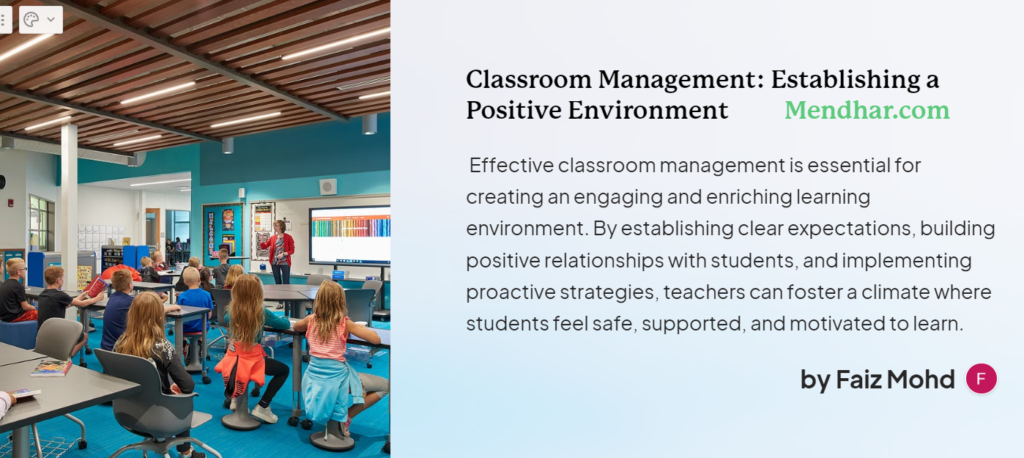
Classroom management strategies are essential for fostering a positive and productive learning environment. One effective approach is implementing a token economy system. In this system, students earn tokens or points for demonstrating desirable behaviors such as participation, completing assignments, helping others, or following classroom rules. These tokens can then be exchanged for rewards or privileges, creating a motivational incentive for students to consistently engage in positive behaviors. By clearly defining the behaviors that earn tokens and the rewards they can receive, teachers provide structure and reinforcement for desired classroom conduct, leading to improved focus, cooperation, and overall classroom atmosphere. Additionally, token economies offer opportunities for students to learn about responsibility, goal-setting, and the value of hard work, as they work towards earning rewards through their actions
Classroom Management And Token Economy-Module 16 Answer key
1) Negative reinforcement is a negative factor which promotes a negative attitude of the educator.
– True
– False
– ✅️ False
2) Teachers should not designate a specific time for redemption or exchange of tokens. It can be given at any time the teacher wants.
– True
– False
– ✅️ False
3) Generalization is a process where an initial prompt to perform an action is gradually withdrawn until the need for it fades away.
– True
– False
– ✅️ False
4) Negative reinforcement is the removal of a stimulus, which in turn increases appropriate behavior.
– True
– False
– ✅️ True
5) Not giving playtime to the child when he throws a tantrum is an example of punishment.
– True
– False
– ✅️ True
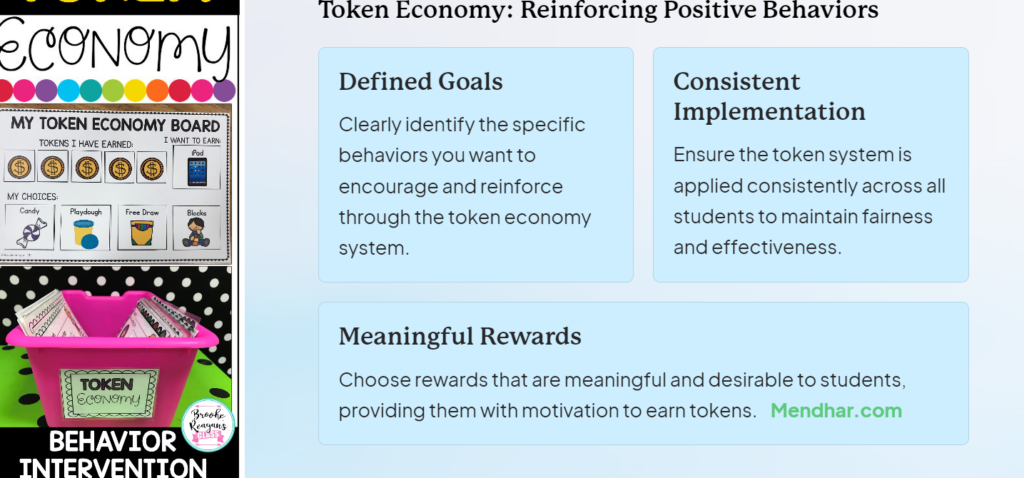
Classroom Management And Token Economy-Module 16 Answer key
6) It is not important to discuss with the child what kind of stickers, colors or phrases they want as a token.
– True
– False
– ✅️ False
7) Positive reinforcement is the delivery of a reinforcer to decrease appropriate behaviors.
– True
– False
– ✅️ False
8) An inclusive, learner-friendly classroom welcomes, nurtures and educates:
– Children with special needs
– Children with Down syndrome
– Children without disabilities
– All children
– ✅️ All children
9) With reinforcement, we are trying to increase the frequency of:
– Maladaptive behavior
– Undesirable behavior
– Hyperactive behavior
– Good behavior
– ✅️ Good behavior
10) If the child shows adaptive behavior, he or she must be given a token:
– Immediately
– After a month
– After a week
– After an hour
– ✅️ Immediately
Classroom Management And Token Economy-Module 16 Answer key
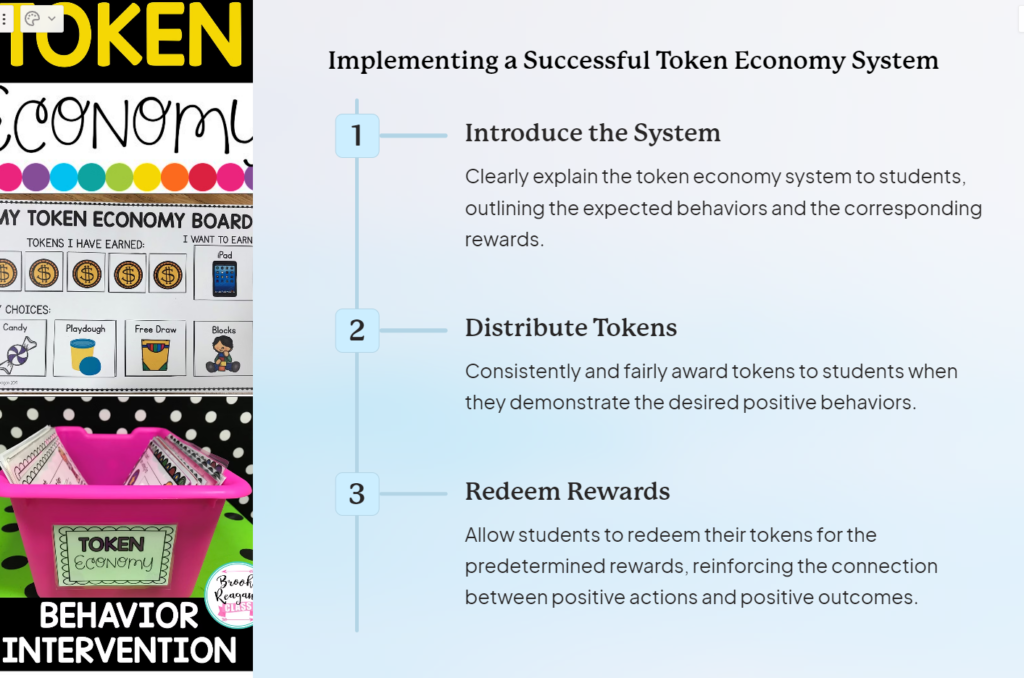
11) Teachers should not designate a specific time for redemption or exchange of tokens. It can be given at any time the teacher wants.
– True
– False
– ✅️ False
12) Generalization is a process where an initial prompt to perform an action is gradually withdrawn until the need for it fades away.
– True
– False
– ✅️ False
13) Negative reinforcement is the removal of a stimulus, which in turn increases appropriate behavior.
– True
– False
– ✅️ True
14) Not giving playtime to the child when he throws a tantrum is an example of punishment.
– True
– False
– ✅️ True
15) It is not important to discuss with the child what kind of stickers, colors or phrases they want as a token.
– True
– False
– ✅️ False
Classroom Management And Token Economy-Module 16 Answer kwy
16) Positive reinforcement is the delivery of a reinforcer to decrease appropriate behaviors.
– True
– False
– ✅️ False
17) An inclusive, learner-friendly classroom welcomes, nurtures and educates:
– Children with special needs
– Children with Down syndrome
– Children without disabilities
– All children
– ✅️ All children
18) With reinforcement, we are trying to increase the frequency of:
– Maladaptive behavior
– Undesirable behavior
– Hyperactive behavior
– Good behavior
– ✅️ Good behavior
Governments often initiate programs or provide support to enhance classroom management practices and incentivize positive behavior through various means, including funding, training, and policy implementation. One common initiative is the allocation of resources to schools for the implementation of positive behavior support programs, which may include token economy systems as part of a broader approach to classroom management. These resources can be used to train teachers in effective behavior management techniques, develop materials for implementing token economies, and provide ongoing support to ensure successful implementation.
Additionally, governments may establish guidelines or frameworks for schools to follow in implementing behavior management strategies, including token economies, as part of their broader education policies. These guidelines can help ensure consistency and effectiveness across schools and districts, promoting a more unified approach to classroom management practices.
Furthermore, governments may support research and evaluation efforts to assess the effectiveness of different classroom management strategies, including token economies, in improving student behavior, engagement, and academic outcomes. By investing in research and evaluation, governments can better understand which approaches work best and provide schools with evidence-based guidance on how to implement them effectively. Overall, government initiatives play a crucial role in promoting the adoption and success of classroom management strategies like token economies, ultimately benefiting both teachers and students.

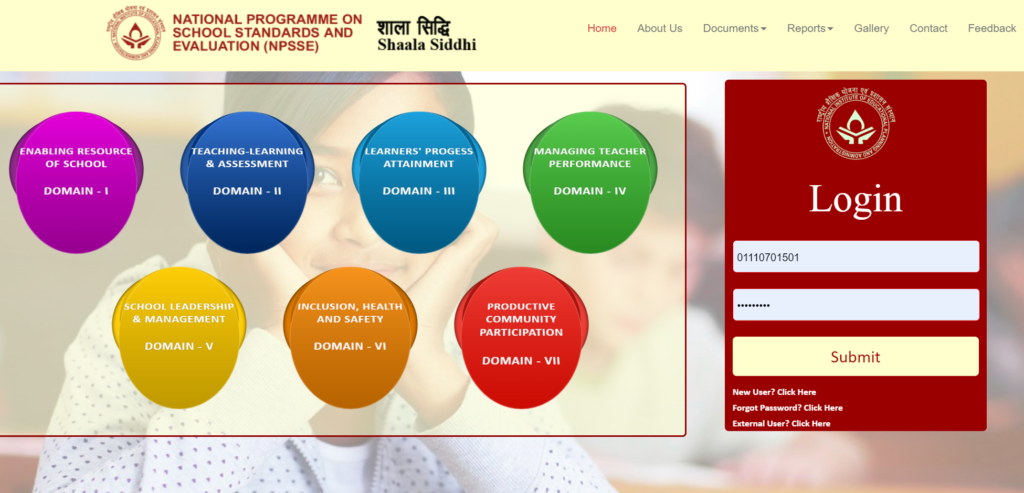
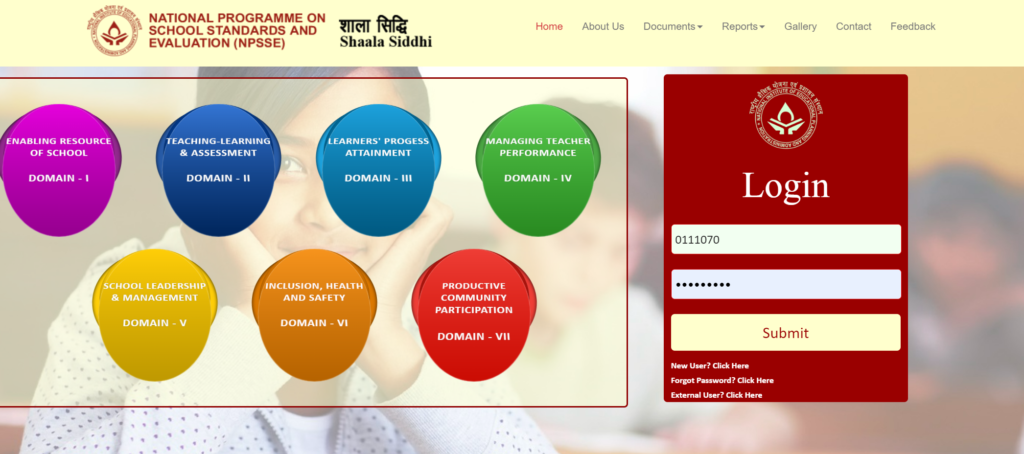
Pingback: Disability Rights: Benefits And Concessions -
Pingback: School-Based Assessment under NEP 2020 -